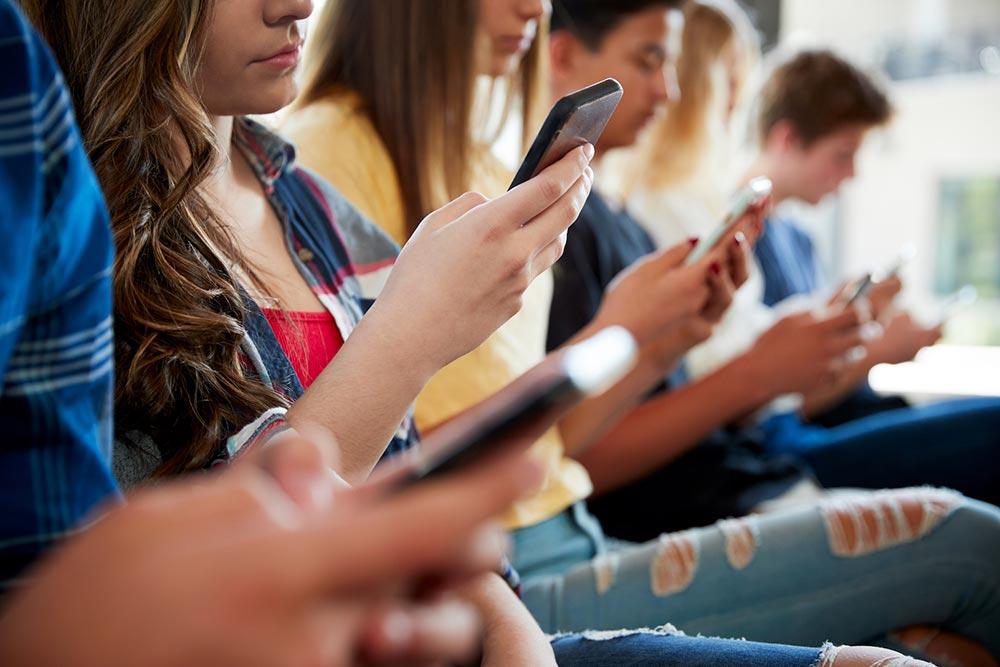This Thursday, Australia has made headlines in the media around the world due to a new proposed law that, if approved, would become one of the most daring in the world regarding social networks. Australian Prime Minister Anthony Albanese, a member of the progressive Australian Labor Party, has defended a proposal to ban those under 16 from opening a social media account.
“Social networks are harming our children and I am going to put an end to them,” Albanese said. “If you’re a 14-year-old getting these things, at a time when you’re going through life changes and maturing, it can be a really difficult time and what we’re doing is listening and then acting,” he says.
The politician has given some examples of the types of content they seek to protect young people from, mentioning “risks for girls due to harmful representations of body image” and “misogynistic content aimed at boys.”
Although many other countries have regulations on the minimum age with which social networks can be accessed (in Spain they are currently prohibited for children under 14 years of age), this Australian law would become one of the most restrictive by including the use of biometric technology. or state identification to verify the user’s age.

The bill will reach the Australian Parliament this year, and Albanese expects it to come into force in about 12 months after it has been ratified by it. In addition, the liberal party in opposition has expressed its support for this measure.
The responsibility for complying with this law would fall on the social media companies, in charge of carrying out this verification, and not on the users or parents. Likewise, minors under 16 who currently have parental permission or who already have accounts opened on social networks will not be affected by the new law.
It’s not just misinformation
Although the ideas of banning social networks for minors can cause controversy due to concerns about freedom of expression and dissemination of political ideas, it should be taken into account that there are other reasons that usually have more weight in this debate (in addition to the fact that , in any case, minors do not yet have the right to vote).
Mental health concerns are often the main reason for defending these proposals, due to addictive algorithms and harmful content that not only includes misinformation, but also content that is harmful to the sense of self-image, self-esteem, or development. psychology of young people.
In Spain
We can ask ourselves if this type of legislation would be positive in our country. The truth is that, although the Australian proposal is a novel proposal due to the use of biometric or government controls to verify age, Spain approved a Draft Organic Law for the protection of minors in digital environments, which includes raising the age at which consent can be given for the management of personal data from 14 to 16. What it seeks in practice is the same effect as the Australian proposal.

According to the Safe Internet for Children initiative (is4k.es) of the National Cybersecurity Institute (INCIBE), these are the main risks that social networks entail for the health of this demographic group:
- Psychological and emotional damage
- Misinformation, manipulation and construction of false beliefs.
- Establishment of dangerous or socially inappropriate behaviors.
- Damage to physical health.
- Inclusion in harmful groups and collectives.
- Addictions.
- Financial expenses (for example, due to fraud or excessive advertising).
Faced with these arguments, defenders of free access to networks regardless of age present their reasons, such as the safe space that social networks provide for some young people who do not have a good environment in their family or at school, and who find in networks a place in which to connect with other like-minded people and in which to discover new possibilities that you do not have access to in your daily life.













